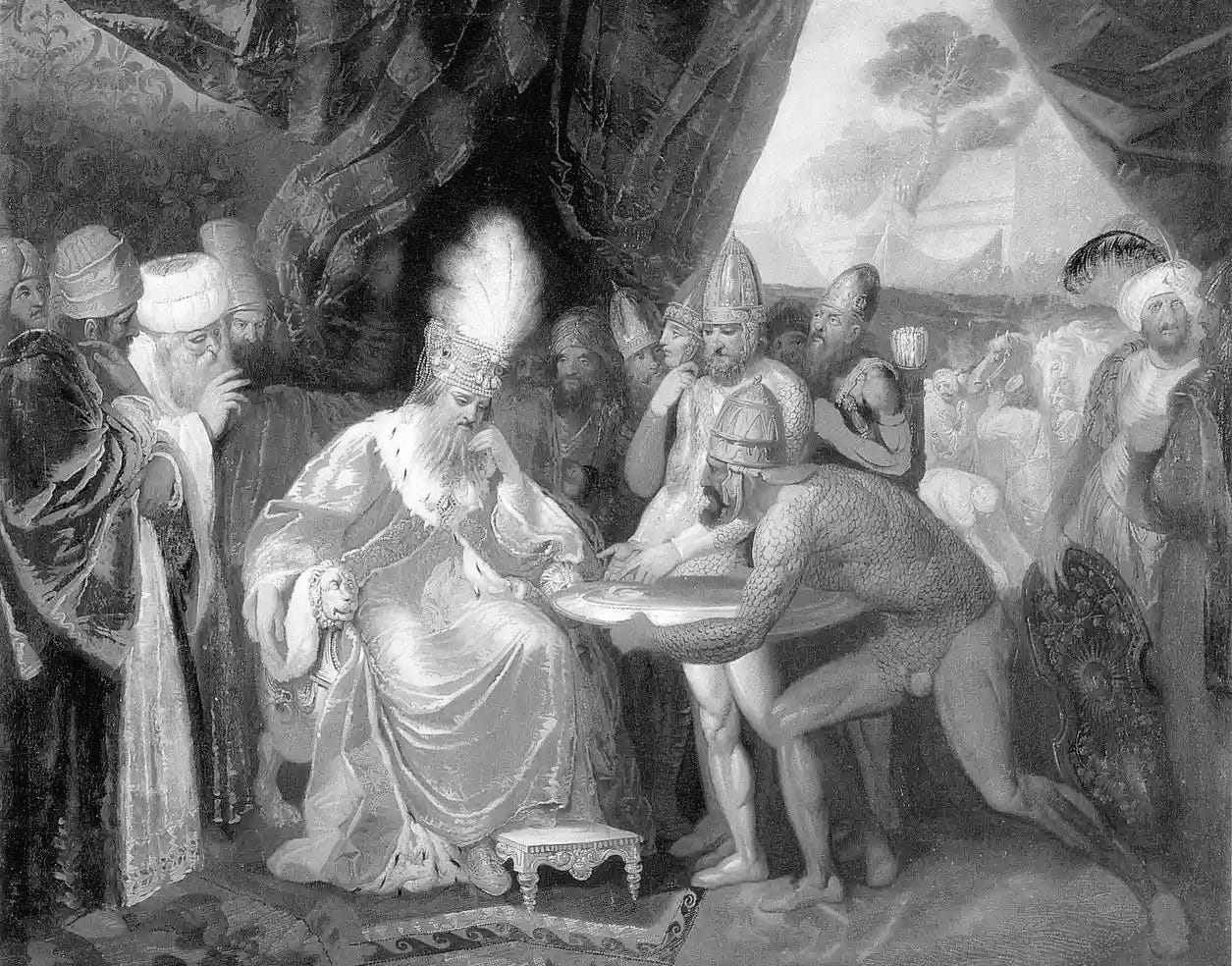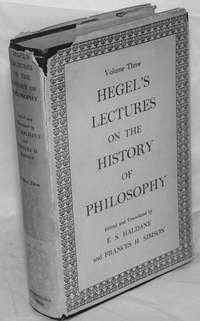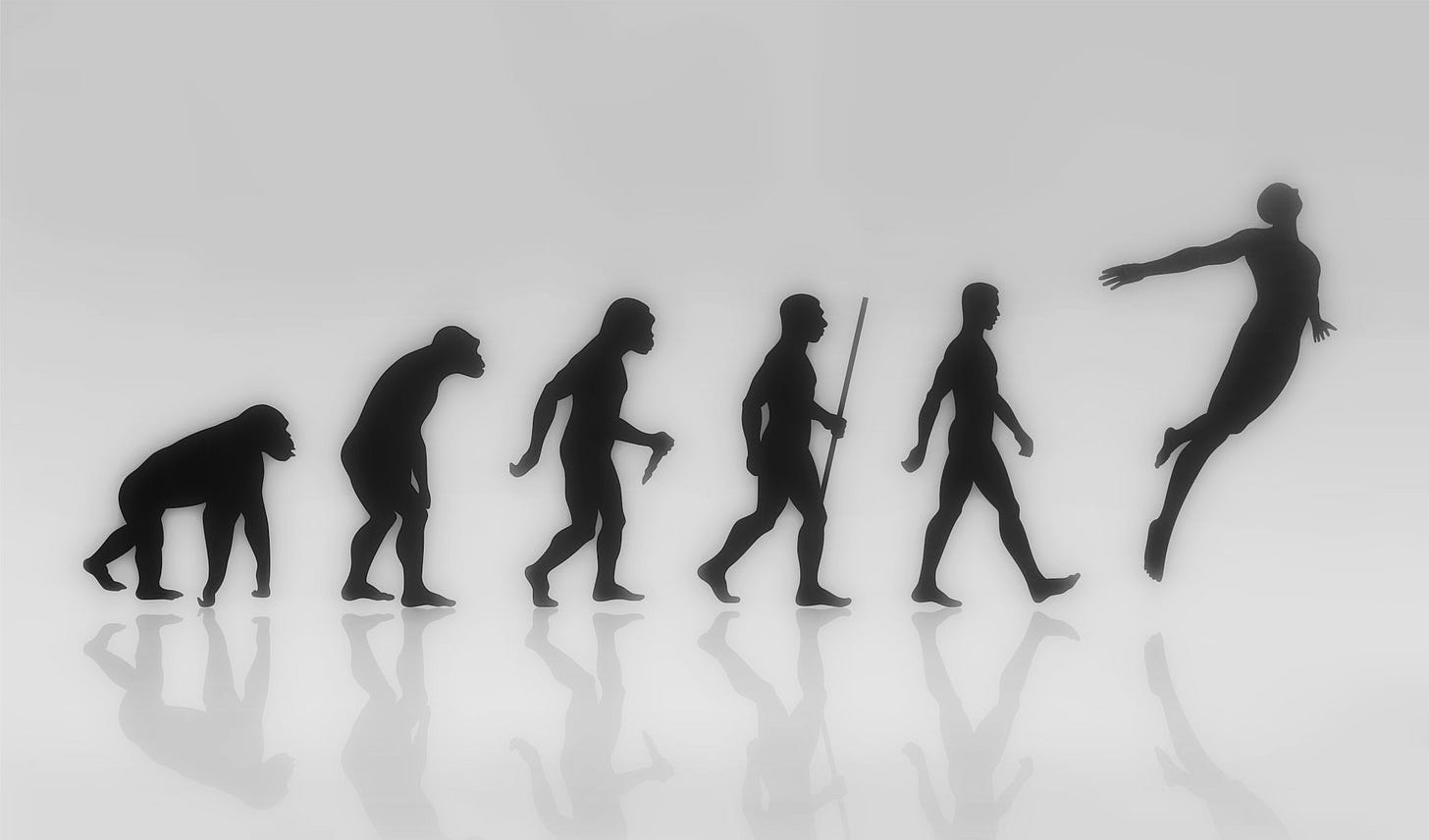It was not until the 18th century that people became aware of the concept of history. Discoveries made during excavations led to the insight that the world is not a static object, but that it is undergoing a development. Rivers meander, volcanoes extinguish. The history of the world became the history of man, and finally the history of this one man's thought. Through the eyes of the German idealist Hegel, the development of freedom was particularly visible in this history. From freedom for one to freedom for all.
Hegelian History
"This is where I draw the line.
I show you History - and it is mine."
The Persians: a people aligned,
guided by a founding principle that shined,
The liberated Prince illuminated many hearts,
Freedom to One!, that is where history starts.
The Greeks made progression, a new Free Elite!,
bound by honour, custom and myth.
Free thinking sprouted but Oracles still true,
proverbs proved knowledge, bowed down in the queue.
The first free thinker challenged this Polis,
Died by poisonous fear, with free will as his solace.
The Romans acknowledged abstractly,
Rights to freedom!, a birth of individuality.
But always at odds with the brute force of the state,
free thinking philosophers chose their own fate.
Sceptics, Epicureans and Stoics,
trivialized life in poetic lyrical heroics.
After this, in Byzantium's Christianity,
Freedom matured to precarious responsibility,
All men got free choice! - but here's the catch:
Freedom to choose includes freedom to fail.
(And temporal faults buy infinite hell.)

Centuries passed before mankind evolved,
via Cartesian doubt and Humean forks,
when Kantian reason leads to a dawn.
But Kant lacked reason, said Fichte,
and pure coherence, said Schelling.
Hegel’s historization lead, to my dismay,
to the climax of freedom: in laws to obey!
Man and his will,
bound to his wishes: In a rational world
freedom implodes to a right to become,
a civilized part of the Geist, all in one.
A history unfolded in a mission,
to a specific condition.
Human freedom!
In the Prussian state, that is,
in Hegel’s historical analysis.






